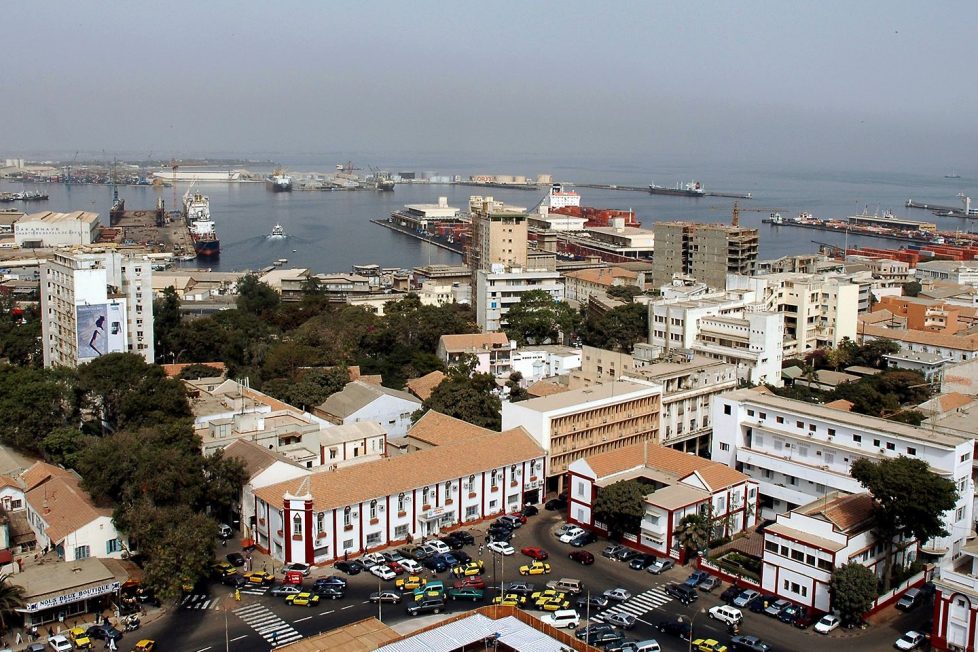The Senegal that They Make Us Dream Off

After 2 April, we will finally have the Senegal that all Senegalese dream of. At least, that’s what the programmes of the various presidential candidates tell us. It’s an invigorating read, convincing us, if proof were needed, that Senegal is a country as rich in human resources as it is in natural resources. All the candidates promise us endogenous, self-centred development that is also open to other African countries. Some of these programmes are not very detailed, and we don’t know whether they are just drafts or whether the designers suddenly ran out of ideas and couldn’t produce any more.
Nor have I read all the programmes of all 19 candidates. I must confess. For example, the programme of Amadou Ba, the official candidate of the Benno Coalition, seemed to me to be lifted from the Emerging Senegal Plan, of which the candidate was the main architect and defender, that I didn’t think it necessary to read it all. All the more so as this famous Pse was the target of attacks in some of the other rival programmes. This is also to be expected, given that each of the candidates is positioning himself in relation to what already exists. And on this point, there is much to be said.
Read the column – Development Paths Mapped Out in the Desert
Between the candidate who promises us almost universal access to drinking water, electricity, education and health within two years of his accession to the supreme magistracy, or the other who assures us of a reduction of more than half in the prices of essential foodstuffs, not forgetting the other who wants to guarantee farmers a floor price for marketing groundnuts at 500 francs per kilo, there is plenty to choose from.
When we dare to ask where the country is going to find the means to put all this to music, some are promising us, in time, our own currency, with our own national central bank.
Read the column – We Expect a Dialogue on the Economy
Nor should we forget the expected contribution of revenues from the exploitation of hydrocarbons. The point of these programmes is to show that up until now we have had people at the head of the country who were either incapable or really not interested in the country’s interests. For example, when this candidate says: « We will develop our production capacities and our local products to better meet domestic demand, taking into account the requirements of environmental protection. We will develop, professionalise and modernise local commerce. We will develop road, rail and maritime infrastructures to facilitate the transport of raw materials and agricultural products, and access to agricultural areas. We will step up the promotion of local consumption and local products by : – Enhancing our culinary identity by revisiting Senegalese recipes and innovating or reinventing our local or African dishes; – Labelling and producing our local products and protecting them (e.g. Aoc).
We will put in place a national priority policy reserving a proportion of public procurement contracts for our local entrepreneurs and producers », we should be able to say that if the policies implemented to date, which were quite similar, have not produced the expected results, it is because the people responsible for implementing them have not shown good will.
Read the column – The Real Victims of Political and Social Instability
Moreover, the proof is that even the country’s only real statistics agency is not really reliable. That’s why, says this candidate: « We will provide the Ansd with sufficient financial and human resources to enable it to provide reliable statistical data ». He has a point there, when you consider that a large part of the Ansd budget comes from the resources of foreign donors, who impose strict rules of reliability on it in order to continue to benefit from them. This makes it difficult for the government to control the data published by this organisation.
There is also a desire to develop the private sector. This candidate wants to: « Formalise the participation of the national private sector through a system of shareholding in companies incorporated under Senegalese law; set up an agro-industrial land title and make the national private sector responsible for job creation; institutionalise national preference to allow bonus points for access to public contracts and industrial investment (positive discrimination) ». Macky Sall and, before him, Abdoulaye Wade and Abdou Diouf have stumbled over the participation of the private sector in the economic policies devised by the State. Let’s wish the newcomers better results. We imagine that if they succeed, the country and the Senegalese people will benefit. Provided that some of them recognise that they are not starting out on virgin ground. Unless they want the young people they are dragging along behind them to ask them the question: « Do we have a place in this future world?
By Mohamed GUEYE / mgueye@lequotidien.sn

